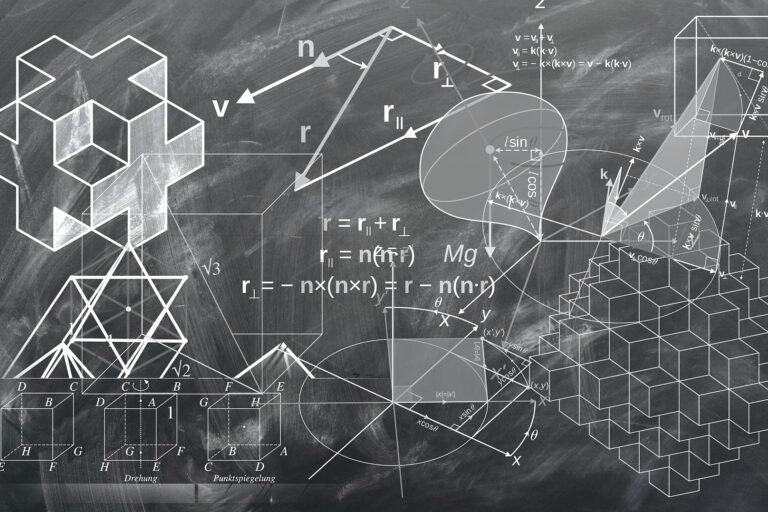Ever scratched your head wondering if 0.99999… really equals 1? Well, there’s some neat math that shows it does, and we’re diving deep into it today. Plus, stick around to discover other mathematical quirks that might just blow your mind!
Proof that 0.99999… Equals 1
Let’s unravel this mystery with two different approaches.
Simple Proof
Believe it or not, this can be proven with middle school math.
Let’s define x as:
\(x = 0.99999…\)
Multiply both sides of this equation by 10:
\(10x = 9.99999…\)
Now, subtract the first equation from the second:
\(10x – x = 9.99999… – 0.99999…\)
That gives us:
\(9x = 9\)
And voila, \(x = 1\)!
So, we end up with 0.99999… being equal to 1.
But hold on! There’s a catch. When we say 9.99999… – 0.99999… equals 9, it kinda assumes that both numbers have the same number of nines. This might seem a bit tricky.
High School Level Proof
Let’s up the ante with an advanced approach using infinite geometric series. First, we’ll represent 0.99999… as a sequence:
\(0.99999…\)
\(\displaystyle =\lim_{n→∞} \left[0.9+0.9×\frac{1}{10}\\+0.9×\left(\frac{1}{10} \right)^2+…+0.9×\left(\frac{1}{10} \right)^n \right]\)
\(\displaystyle =\lim_{n→∞} \left[0.9×\left(\frac{1}{10} \right)^0+0.9×\left(\frac{1}{10} \right)^1\\+0.9×\left(\frac{1}{10} \right)^2+…+0.9×\left(\frac{1}{10} \right)^n \right]\)
\(\displaystyle =\lim_{n→∞} \sum_{k=1}^n{0.9\left(\frac{1}{10}\right)^{k-1}} \)
Then, we’ll solve this sequence:
\(\displaystyle =\lim_{n→∞} \left[ \frac{\frac{9}{10}\left( \left( \frac{1}{10}\right)^n-1\right)}{\frac{1}{10}-1} \right] \)
\(\displaystyle =\frac{-\frac{9}{10}}{\frac{1}{10}-1}\)
\(\displaystyle =\frac{-\frac{9}{10}}{-\frac{9}{10}}=1\)
And there you have it! A bit more challenging, but it solidifies our earlier conclusion.
The 1/3 Conundrum
Now, let’s take a moment to think about 1/3. There’s a fascinating observation:
\(\displaystyle \frac{1}{3}×3=1\)
Feels right, doesn’t it? Let’s represent 1/3 in another way:
\(\displaystyle \frac{1}{3}×3=(0.33333…)×3=0.99999…\)
Suddenly, these two representations seem off. But if you multiply the same number by 3, they should match up, right? This also hints that 0.99999… = 1 holds true.
Does 0.00000…1 Equal 0?
Now that we’re convinced that 0.99999… equals 1, what about 0.00000…1 equalling 0? Spoiler alert: it doesn’t. Here’s why:
0 cannot be written as 1 – 0.99999… = 0.00000…1.
While 0.99999… is a recurring decimal with endless nines, 0.00000…1 isn’t truly infinite. After all those zeroes, a 1 eventually pops up. This means it doesn’t go on forever, unlike the never-ending 9s in 0.99999… That’s why 0.99999… equals 1, but 0.00000…1 doesn’t equate to 0.
The takeaway? It’s all about grasping the nuances between infinity and finity.











